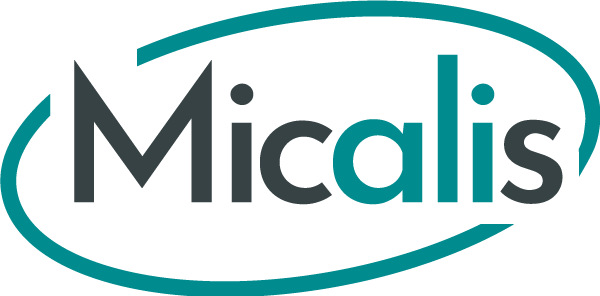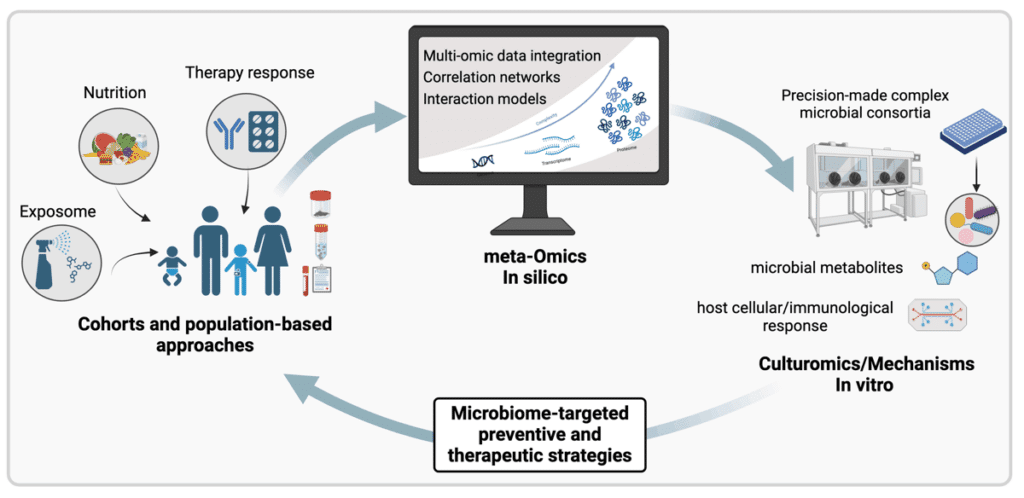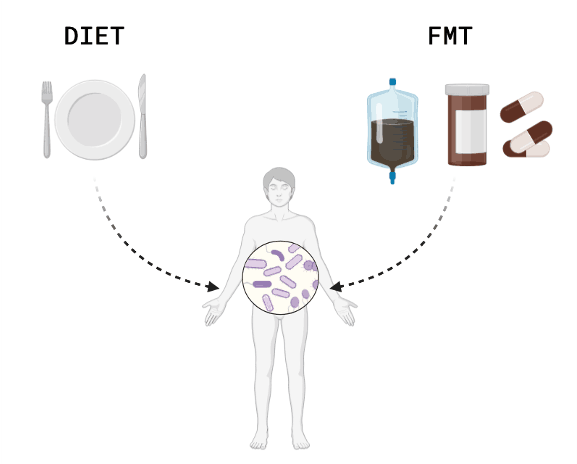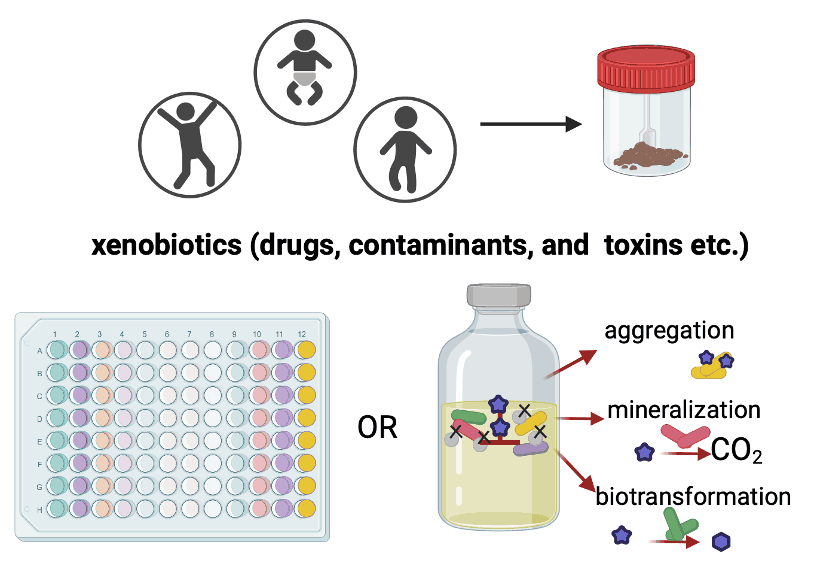- Vallet N, Salmona M, Malet-Villemagne J, Bredel M, Bondeelle L, Tournier S, Mercier-Delarue S, Cassonnet S, Ingram B, Peffault de Latour R, Bergeron A, Socié G, Le Goff J*, Lepage P*, Michonneau D*. Circulating T cell profiles associate with enterotype signatures underlying hematological malignancy relapses. Cell Host Microbe. 2023 Aug 9;31(8):1386-1403.e6. doi: 10.1016/j.chom.2023.06.009.
- Ilhan ZE, Brochard V, Lapaque N, Auvin S, Lepage P. Exposure to anti-seizure medications impact growth of gut bacterial species and subsequent host response. Neurobiol Dis. 2022 Jun 1;167:105664. doi: 10.1016/j.nbd.2022.105664.
- Rozé JC, Ancel PY, Marchand-Martin L, Rousseau C, Montassier E, Monot C, Le Roux K, Butin M, Resche-Rigon M, Aires J, Neu J, Lepage P*, Butel MJ*; EPIFLORE Study Group. Assessment of Neonatal Intensive Care Unit Practices and Preterm Newborn Gut Microbiota and 2-Year Neurodevelopmental Outcomes. JAMA Netw Open. 2020 Sep 1;3(9):e2018119. doi: 10.1001/jamanetworkopen.2020.18119.
- Chemouny JM, Gleeson PJ, Abbad L, Lauriero G, Boedec E, Le Roux K, Monot C, Bredel M, Bex-Coudrat J, Sannier A, Daugas E, Vrtovsnik F, Gesualdo L, Leclerc M, Berthelot L, Ben Mkaddem S, Lepage P, Monteiro RC. Modulation of the microbiota by oral antibiotics treats immunoglobulin A nephropathy in humanized mice. Nephrol Dial Transplant. 2019 Jul 1;34(7):1135-1144. doi: 10.1093/ndt/gfy323.
- Just S, Mondot S, Ecker J, Wegner K, Rath E, Gau L, Streidl T, Hery-Arnaud G, Schmidt S, Lesker TR, Bieth V, Dunkel A, Strowig T, Hofmann T, Haller D, Liebisch G, Gérard P, Rohn S, Lepage P*, Clavel T*. The gut microbiota drives the impact of bile acids and fat source in diet on mouse metabolism. Microbiome. 2018 Aug 2;6(1):134. doi: 10.1186/s40168-018-0510-8.
- Chaput N*, Lepage P*, Coutzac C, Soularue E, Le Roux K, Monot C, Boselli L, Routier E, Cassard L, Collins M, Vaysse T, Marthey L, Eggermont A, Asvatourian V, Lanoy E, Mateus C, Robert C, Carbonnel F. Baseline gut microbiota predicts clinical response and colitis in metastatic melanoma patients treated with ipilimumab. Ann Oncol. 2017 Jun 1;28(6):1368-1379. doi: 10.1093/annonc/mdx108.
- Vétizou M, Pitt JM, Daillère R, Lepage P, Waldschmitt N, Flament C, Rusakiewicz S, Routy B, Roberti MP, Duong CP, Poirier-Colame V, Roux A, Becharef S, Formenti S, Golden E, Cording S, Eberl G, Schlitzer A, Ginhoux F, Mani S, Yamazaki T, Jacquelot N, Enot DP, Bérard M, Nigou J, Opolon P, Eggermont A, Woerther PL, Chachaty E, Chaput N, Robert C, Mateus C, Kroemer G, Raoult D, Boneca IG, Carbonnel F, Chamaillard M, Zitvogel L. Anticancer immunotherapy by CTLA-4 blockade relies on the gut microbiota. Science. 2015 Nov 27;350(6264):1079-84. doi: 10.1126/science.aad1329.
- Ilhan ZE, Łaniewski P, Thomas N, Roe DJ, Chase DM, Herbst-Kralovetz MM. Deciphering the complex interplay between microbiota, HPV, inflammation and cancer through cervicovaginal metabolic profiling. EBioMedicine. 2019 Jun;44:675-690. doi: 10.1016/j.ebiom.2019.04.028.
All the team publications are available in the PHYLHOM-MICALIS HAL collection.
PhylHom coordinates 4 projects funded by:
Current collaborative projects are also funded by:
- French National Research Agency ANR (2 projects)
- Programme Hospitalier de Recherche Clinique PHRC (3 projects)
- Ile-De-France région DIM (ITAC)
- Grands Défis (GD Ferments du Futur)
- Villa Albertine for Transatlantic Research Partnership
Principal past funding sources: ANR (2019, 2018, 2015, 2014, 2013), ANR-DFG (2013), PHRC (2014, 2014), INCa (2016, 2012), IA-RHU (2017), INRAE-Metaprogram (2012).

















